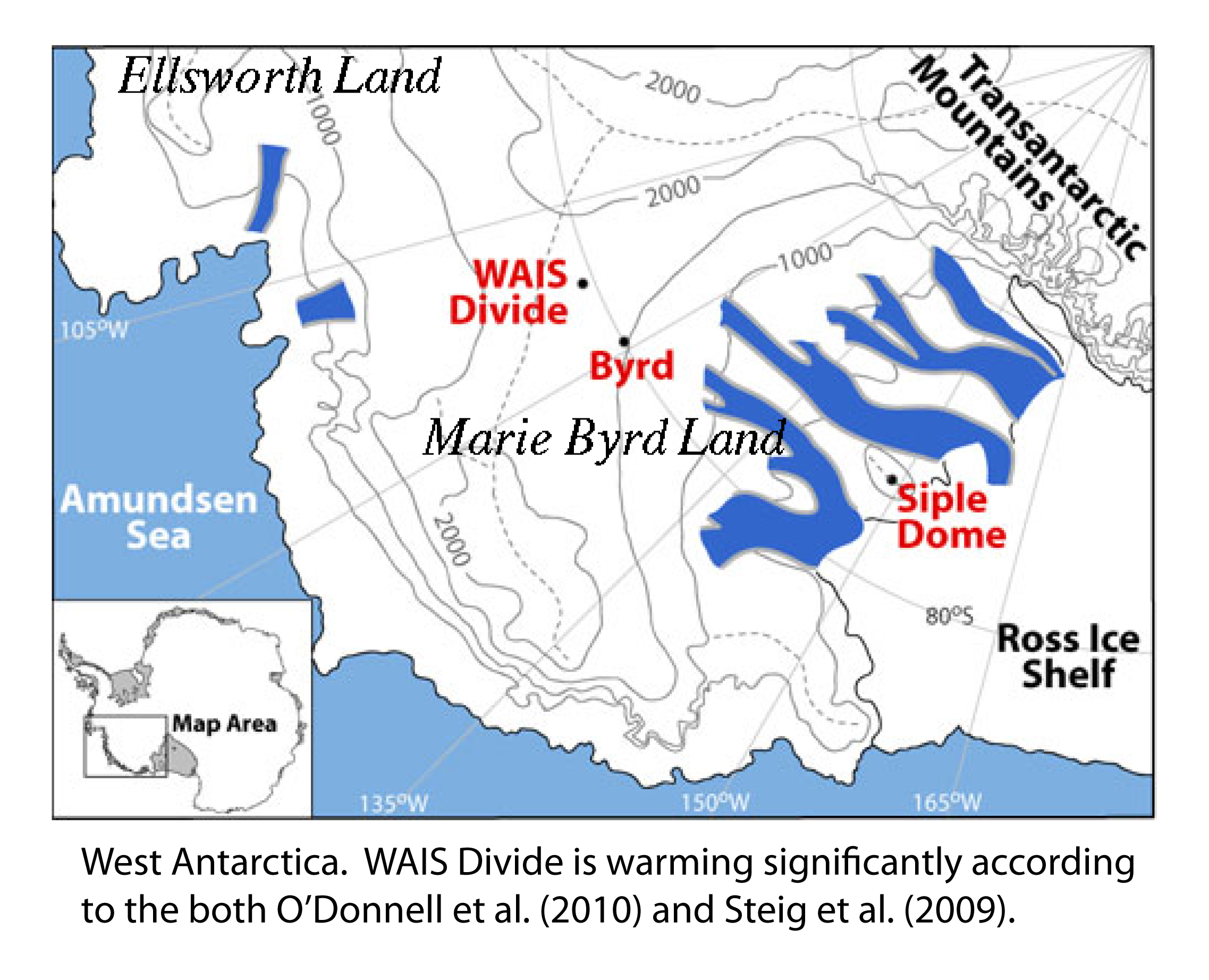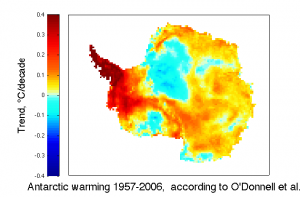Guest commentary from Steve Ghan
A good writer knows their audience, and Roy Spencer knows his. There are plenty of people who would love to hear a compelling argument for why no action is needed to mitigate global warming, and Spencer’s book “The Great Global Warming Blunder: How Mother Nature Fooled the World’s Top Climate Scientists” will give uncritical readers the argument they’ve been looking for. As Sarah Palin said, “while we recognize the occurrence of these natural, cyclical environmental trends, we can’t say with assurance that man’s activities cause weather change”. That is really the essence of Roy’s argument.
[Read more…] about Review of Spencer’s ‘Great Global Warming Blunder’
 One of my (Eric’s) favorite old books is The Starship and the Canoe by Kenneth Brower It’s a 1970s book about a father (Freeman Dyson, theoretical physicist living in Princeton) and son (George Dyson, hippy kayaker living 90 ft up in a fir tree in British Columbia) that couldn’t be more different, yet are strikingly similar in their originality and brilliance. I started out my career heading into astrophysics, and I’m also an avid sea kayaker and I grew up with the B.C. rainforest out my back door. So I think I have a sense of what drives these guys. Yet I’ve never understood how Freeman Dyson became such a climate contrarian and advocate for off-the-wall biogeoengineering solutions like carbon-eating trees, something we’ve
One of my (Eric’s) favorite old books is The Starship and the Canoe by Kenneth Brower It’s a 1970s book about a father (Freeman Dyson, theoretical physicist living in Princeton) and son (George Dyson, hippy kayaker living 90 ft up in a fir tree in British Columbia) that couldn’t be more different, yet are strikingly similar in their originality and brilliance. I started out my career heading into astrophysics, and I’m also an avid sea kayaker and I grew up with the B.C. rainforest out my back door. So I think I have a sense of what drives these guys. Yet I’ve never understood how Freeman Dyson became such a climate contrarian and advocate for off-the-wall biogeoengineering solutions like carbon-eating trees, something we’ve  In this post, I’ll summarize the key methodological changes suggested by O’Donnell et al., discuss how their results compare with our results, and the implications for our understanding of recent Antarctic climate change. I’ll then try to make sense of how O’Donnell et al. have apparently wound up with an erroneous result.
In this post, I’ll summarize the key methodological changes suggested by O’Donnell et al., discuss how their results compare with our results, and the implications for our understanding of recent Antarctic climate change. I’ll then try to make sense of how O’Donnell et al. have apparently wound up with an erroneous result.